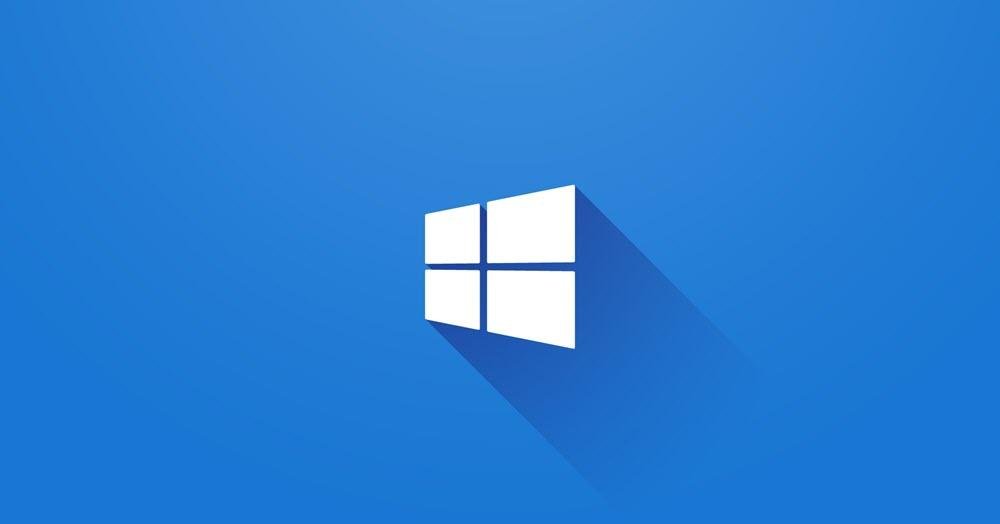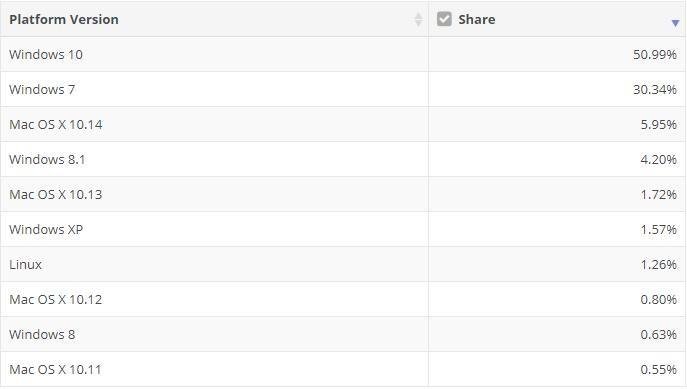NetMarketShare he revealed that Windows 10 managed to reach a new milestone in August, exceeding the 50% mark for the first time in global adoption since the release of the operating system in June 2015.
So Windows 10 is currently the number one operating system for desktops, as it runs on more than half of the world's computers.

Windows 10 has a market share of 50,99% at present, up from 48,86% in July 2019, while the market share of Windows 7, which is still the main alternative, has declined since 31,83% in June to 30,34% in August.
This of course is very good news for Microsoft, not only because the adoption of Windows 10 is growing, but also because Windows 7 is getting ready for retirement in January 2020. The last updates of Windows 7 will be released on January 14th and from then on and then the platform will stop being supported.

Windows 8.1, along with Windows 10, will remain Microsoft's two supported systems. Windows 8.1 market share fell from 5,29% in July to 4,20% in August.
Windows XP now, an operating system that has not received updates since April 2014, is now at 1,57% as more computers upgrade to supported Windows.
Currently, Windows XP is mainly used by Companies which delay the upgrade due to compatibility. Of course we should also mention the high costs involved in such a general upgrade. An upgrade to supported Windows also includes hardware upgrades, which can be a lot expensive in companies with many computers.
The Windows 10 adoption rate is likely to continue to rise in the coming months, especially as we approach the end of Windows 7 support.
_________________
- Windows 10 20H1 build 18970 with Cloud Reset option
- Windows 10 also collects non-diagnostic data
- Windows 10 how to open the Control Panel





